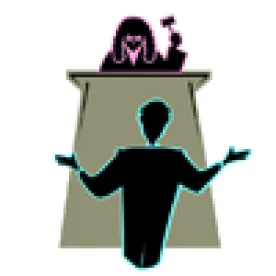The use of expert witnesses in litigation can be tricky. Taxpayers want to avoid the perception that their expert is a “hired gun” who is merely their biased advocate. The US Tax Court has repeatedly stated that such expert testimony is not useful or credible.
A technique that is common in Australia, and has been gaining traction in the Tax Court, is the use of concurrent expert testimony. This technique—referred to as “hot tubbing”—involves expert witnesses engaged by the taxpayer and the Internal Revenue Service (IRS) conferring directly with the judge and engaging in conversation about the evidence in the case and their opinion.
The Tax Court has employed this technique in several cases, most recently in Green Gas Delaware Statutory Trust v. Commissioner, 147 T.C. No. 1 (July 14, 2016). In that case, the court noted the prior use of hot tubbing in three prior memorandum opinions and observed that it found hot tubbing beneficial, particularly in cases involving technical issues related to a relatively new industry. It explained that hot tubbing allowed the parties’ experts to openly discuss their differences and bring their positions closer together, ultimately for the benefit for the judge.
Hot tubbing presents pros and cons for taxpayers. Counsel can lose control over an expert and what evidence is presented to the court. On the other hand, a strong expert may be able to quickly point out holes in the other side’s expert and opinion, and demonstrate to the judge the superiority of his or her opinion. If a judge forces the parties into the “hot tub,” it might encourage the parties to settle to avoid the risk of the process backfiring on them.
To date, the primary advocate of hot tubbing in the Tax Court has been Judge David Laro. Judge Laro has publicly defended the practice as a way to avoid the perception of hired guns, and promote candid conversations about the strengths and weaknesses of a party’s position.
It remains to be seen whether other judges will embrace hot tubbing in the same manner as Judge Laro, but taxpayers and their advisors should consider whether this technique would be beneficial in their cases. We have engaged in hot tubbing outside of the context of expert witnesses, with counsel for both parties conferring directly with the judge, having an open dialogue regarding the facts and merits of legal issues. We found the process helpful to provide an immediate response to comments made by IRS counsel that we believed were either factually or legally incorrect. It also allowed the judge, in a more informal setting, to ask questions of both parties without the normal procedure of allowing each party an allotted amount of time to make their arguments and rebuttals. Lastly, this technique can effect an efficient and effective resolution of your case. Something to consider next time you are in court.




 />i
/>i

